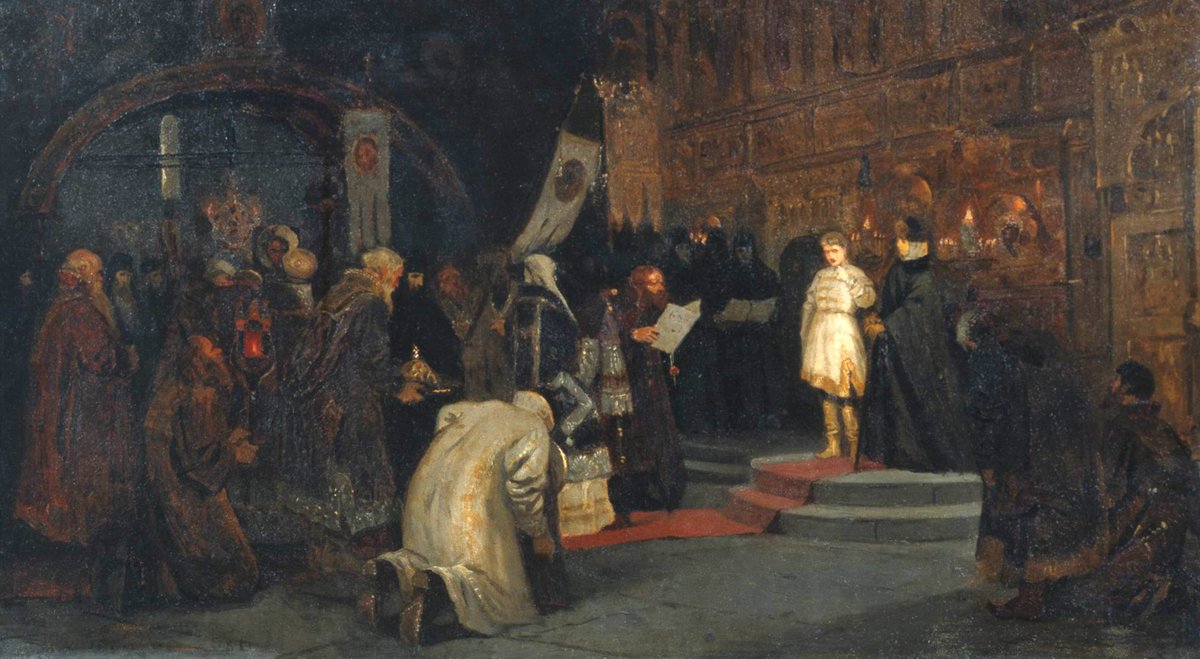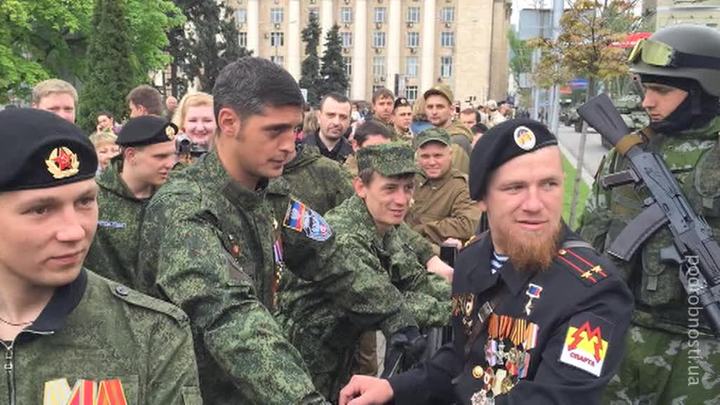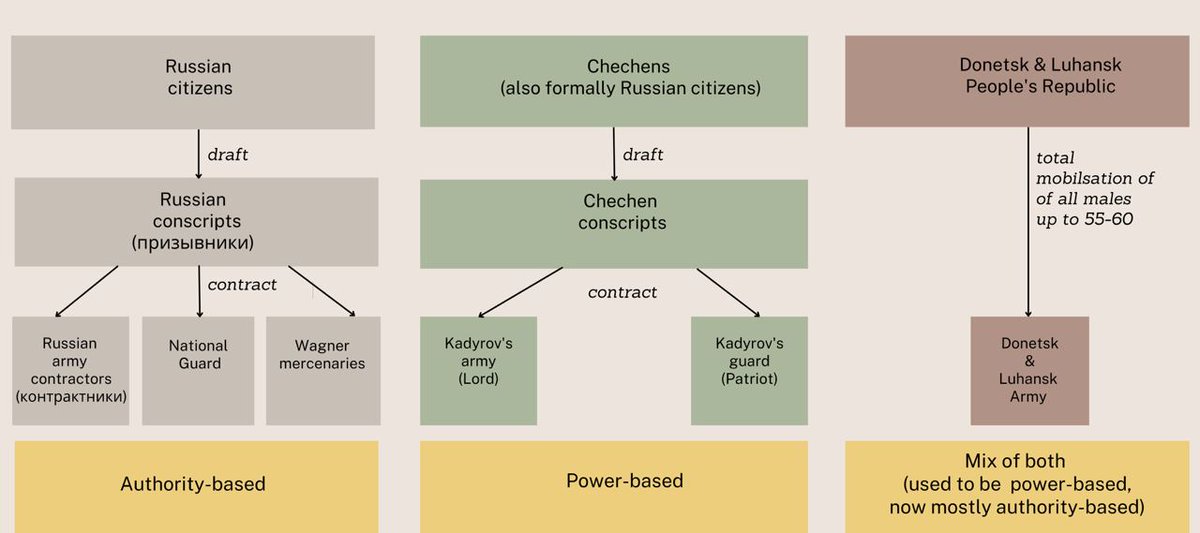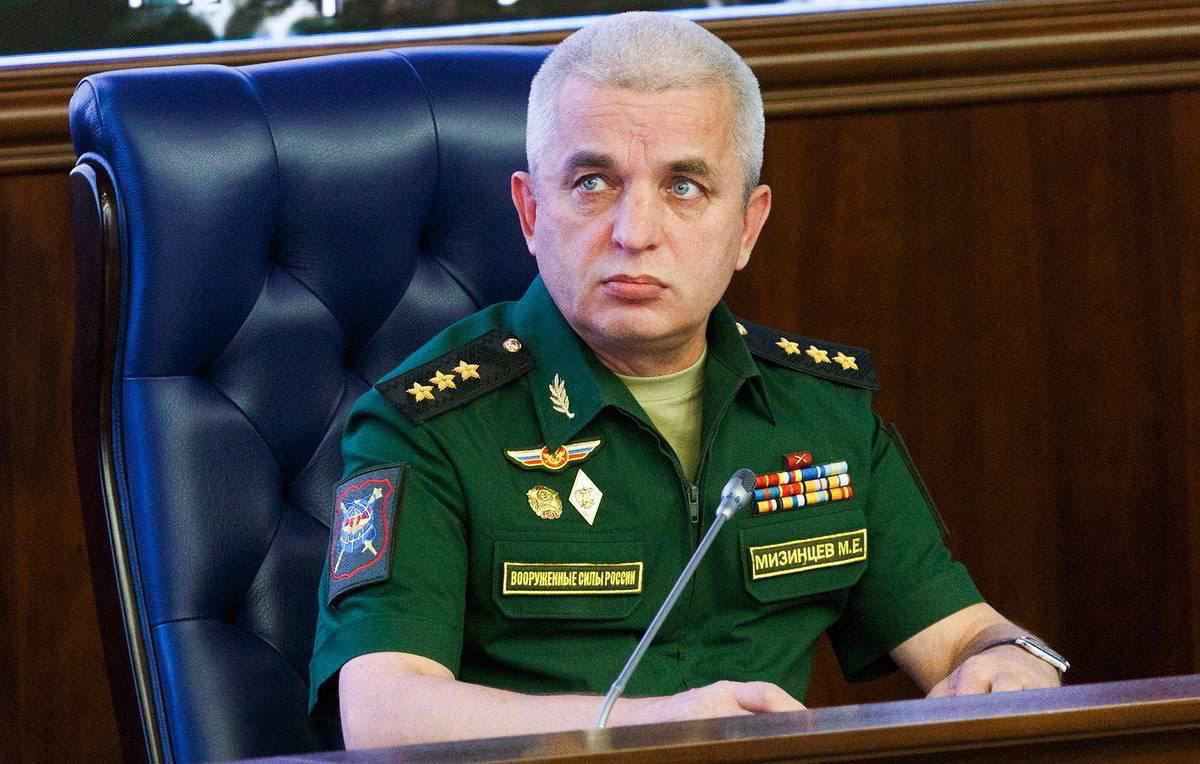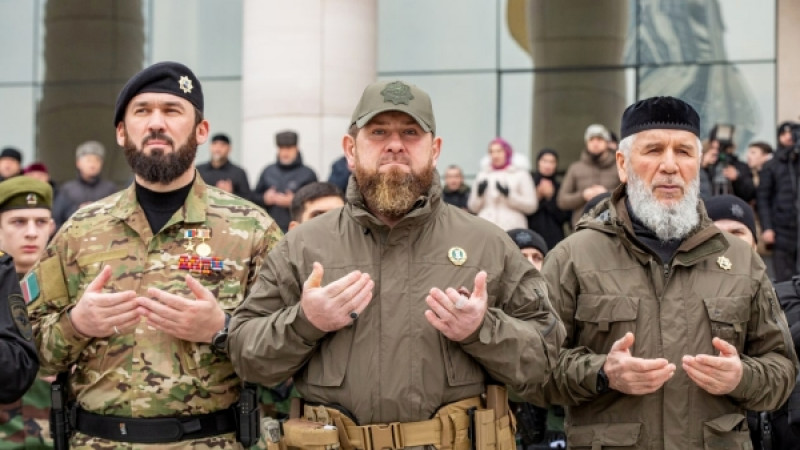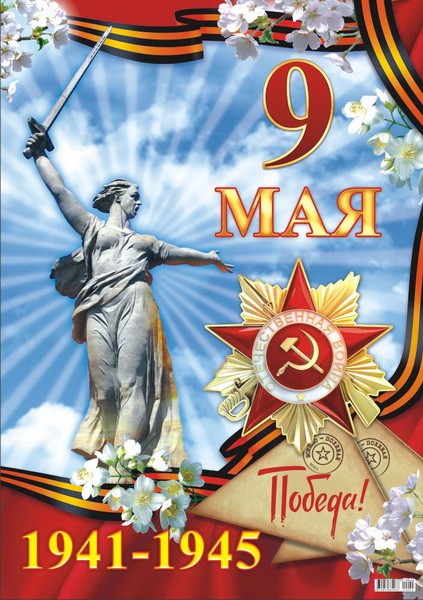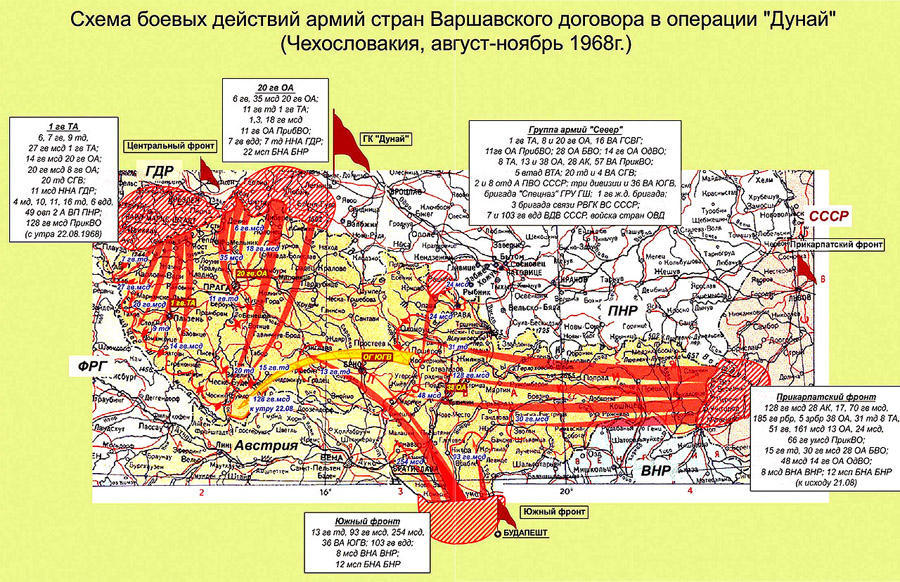5,919 views
TikTok troops
Many admired bravery of Kadyrov who personally went to Ukraine and posted a lot of cool photos from the frontline. Consider this: Kadyrov is praying having put his gun lays nearby. It's a shame we see a Pulsar gas station nearby. So it's not Ukraine. It's Russia🧵
Many admired bravery of Kadyrov who personally went to Ukraine and posted a lot of cool photos from the frontline. Consider this: Kadyrov is praying having put his gun lays nearby. It's a shame we see a Pulsar gas station nearby. So it's not Ukraine. It's Russia🧵
Pulsar gas stations belong to the Russian oil company Rosneft (Роснефть) which is led by Igor Sechin, Putin's close aide. Russia has lots of these gas stations but there are none in Ukraine. Kadyrov took tough-guy-photos in Russia and claimed he did it in Ukraine 

So is Kadyrov lying? Consider Peskov's answers on a press conference. When asked if Kremlin knows about Kadyrov's visit to Ukraine, Peskov responded:
- No, we don't have such data (=he didn't go there)
Peskov also clarified that Kadyrov "didn't directly say he went to Ukraine"
- No, we don't have such data (=he didn't go there)
Peskov also clarified that Kadyrov "didn't directly say he went to Ukraine"
Russian TV host Tina Kandelaki wrote a post praising Kadyrov and he reposted it his channel. I'll quote it because it might give an insight into how Russia works:
"Ramzan confidently entered the social media space and immediately realised it is the modern battlefield"
"Ramzan confidently entered the social media space and immediately realised it is the modern battlefield"
"Kadyrov's Telegram grew unprecedentedly: at the start of Special operation it had 60 thousand subscribers and now it has 1 250 thousand. The Head of Chechnya became an absolute headliner in covering the current events - many my journalist colleagues have a lot to learn from him" 
"Kadyrov's reports are much more interesting, lively, better than those produced by our TV channels. Showing his readers the very frontline, Kadyrov created the best military blog in Telegram. That's amazing. We are a country of content producers, too. We can do it, too" 
"Elon Musk and Pavel Durov are responding to Ramzan. We are literally in one step from Biden himself starting to publicly react to Kadyrov's Telegram - that's a unique case in political technologies" 
"The key factor are the endless memes [about Kadyrov], modern folklore. Stars - bloggers, tiktokers, macro and micro influencers exist for few days, being lost in terabytes of new content. But folklore puts you beyond the time & circumstances. That's how true success looks like" 
Tina Kandelaki's post with praising Kadyrov's PR skills was considered important enough to make an article about it in a Chechen official media Chechnya Today
(also notice the headline on the left they want to show you "Ramzan Kadyrov became the most quoted governor in Russia)
(also notice the headline on the left they want to show you "Ramzan Kadyrov became the most quoted governor in Russia)
Naive Westerners perceive Kadyrov as a premodern person. A true, authentic spirit. In reality he's very postmodern. He's a PRmaxer, attention seeker obsessed with likes and dreaming that one day not only Elon Musk, but also Joe Biden will react to him. That's what defines success 
Now why is he doing it? Well, because it works. Kadyrov is pursuing a thorough PRmaxing strategy which is entirely based on assumption that you guys are dumb. That you see no difference between the phenomena and noumena, what is perceived and what truly is 
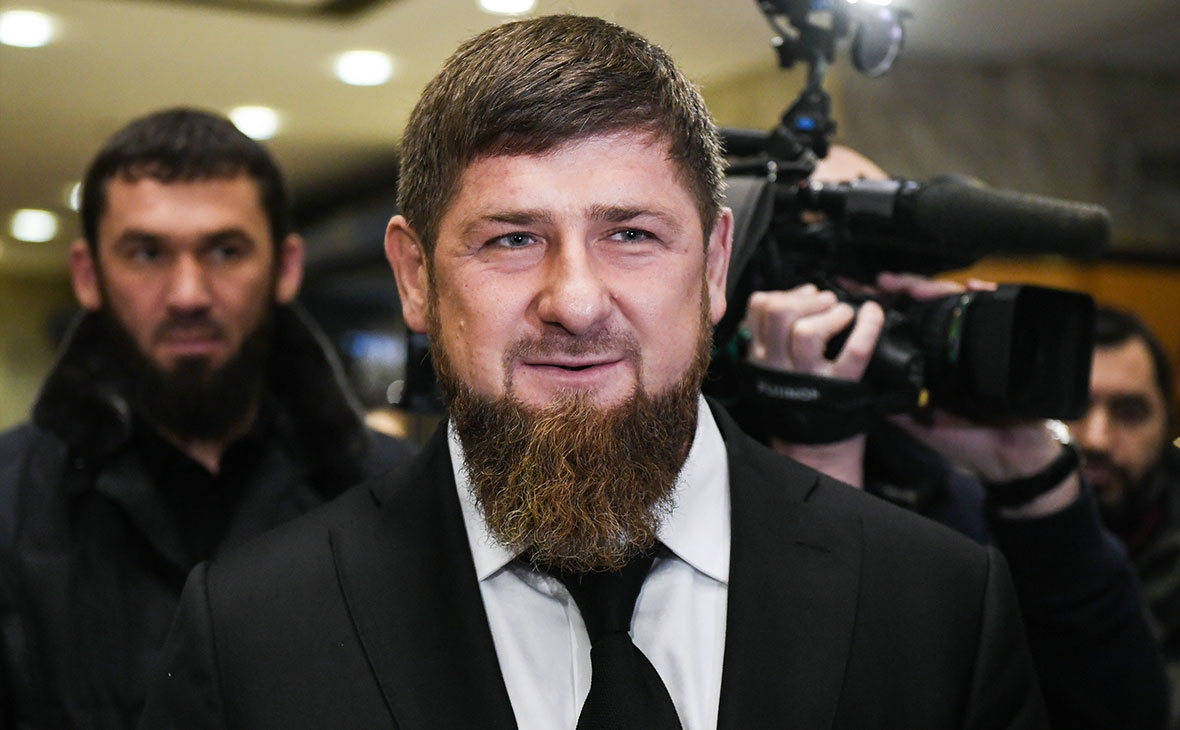
Kadyrov's troops are very tough. How do we know it? Just watch endless videos they are posting "from the frontline". We see strong, heavily armed and equipped bearded men. What do they do on these videos? Mostly interviewing civilians about and forcing them to shout "Ahmat Sila!" 
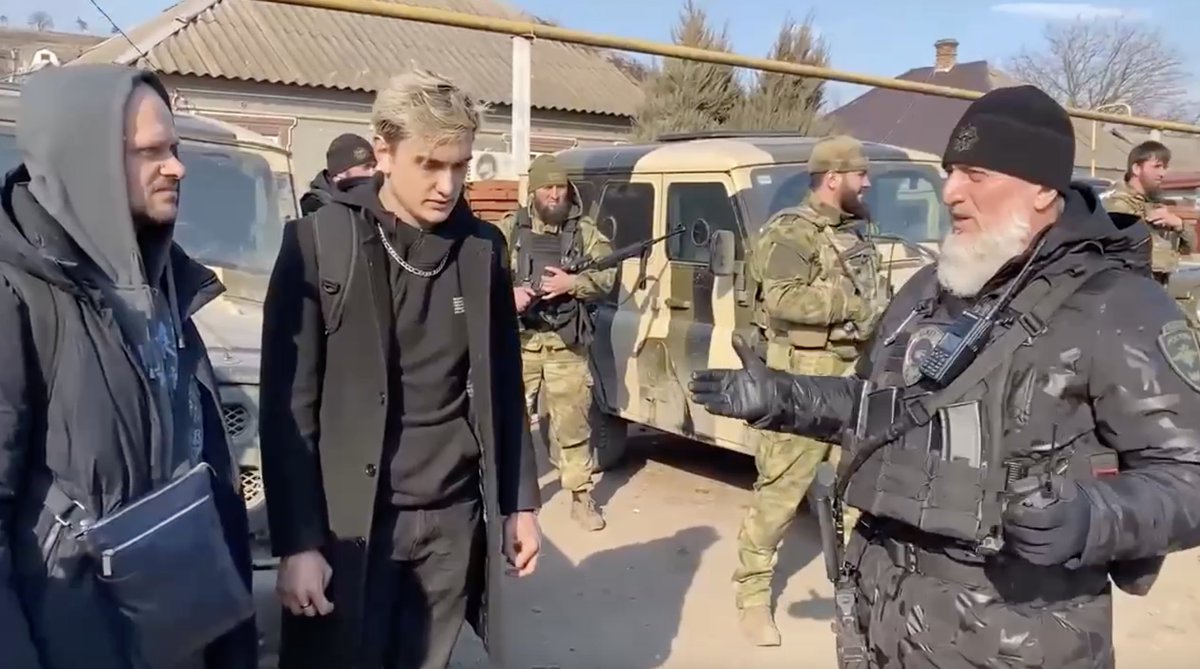
Kadyrov's henchman is interviewing civilians who are fleeing from Mariupol:
- Tell me boys, how did those Bandera criminals torture you? They didn't allow you to leave, yeah? And who did help you out?
- You did
Only after making them yell "Ahmat Sila!" he allows them to leave
- Tell me boys, how did those Bandera criminals torture you? They didn't allow you to leave, yeah? And who did help you out?
- You did
Only after making them yell "Ahmat Sila!" he allows them to leave
Kadyrov's TikTok troops seem to be "real fighters". Meanwhile these lightly equipped, tired and soiled guys don't look that tough. And yet, these Chechen mujahideen smashed Russia in the First Chechen War. A particular case of @nntaleb rule: real warriors don't look like warriors 

Why do Kadyrov's soldiers take so much stuff to the "battlefield"? Why are the always so fresh, their uniforms so clean, without even a little bit of dirt? Well, because they don't fight. They are TikTok troops of a TikTok warlord. Watch him reading a poem with threats to Ukraine
And you know what? This TikTok warlord has a very high place in Russian dominance hierarchy. Watch this video with the commander of 8th army:
- Ahmat is really strong!
- That's what our commander says, the best commander!
The body language is telling. You see who's a boss here
- Ahmat is really strong!
- That's what our commander says, the best commander!
The body language is telling. You see who's a boss here
Technically Kadyrov and 8th army commander Mordvichev have the same army rank: they're both lieutenant generals. And yet, during their meeting a (somewhat) professional military Mordvichev will be reporting to this TikTok warlord Kadyrov as if he were his superior. Because he is
What does incredibly high status of a TikTok warlord Kadyrov in Russian dominance hierarchy tell us about modern Russia? It reflects a general tendency of Russian ruling class to PRmaxing. If Soviet Union was the Evil Empire, than Russian Federation is Bullshit Empire. End of🧵 
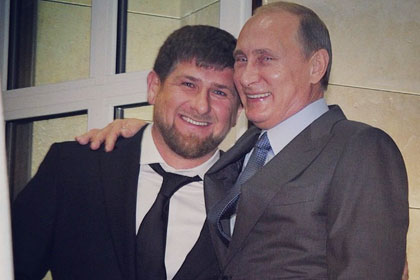
• • •
Missing some Tweet in this thread? You can try to
force a refresh
